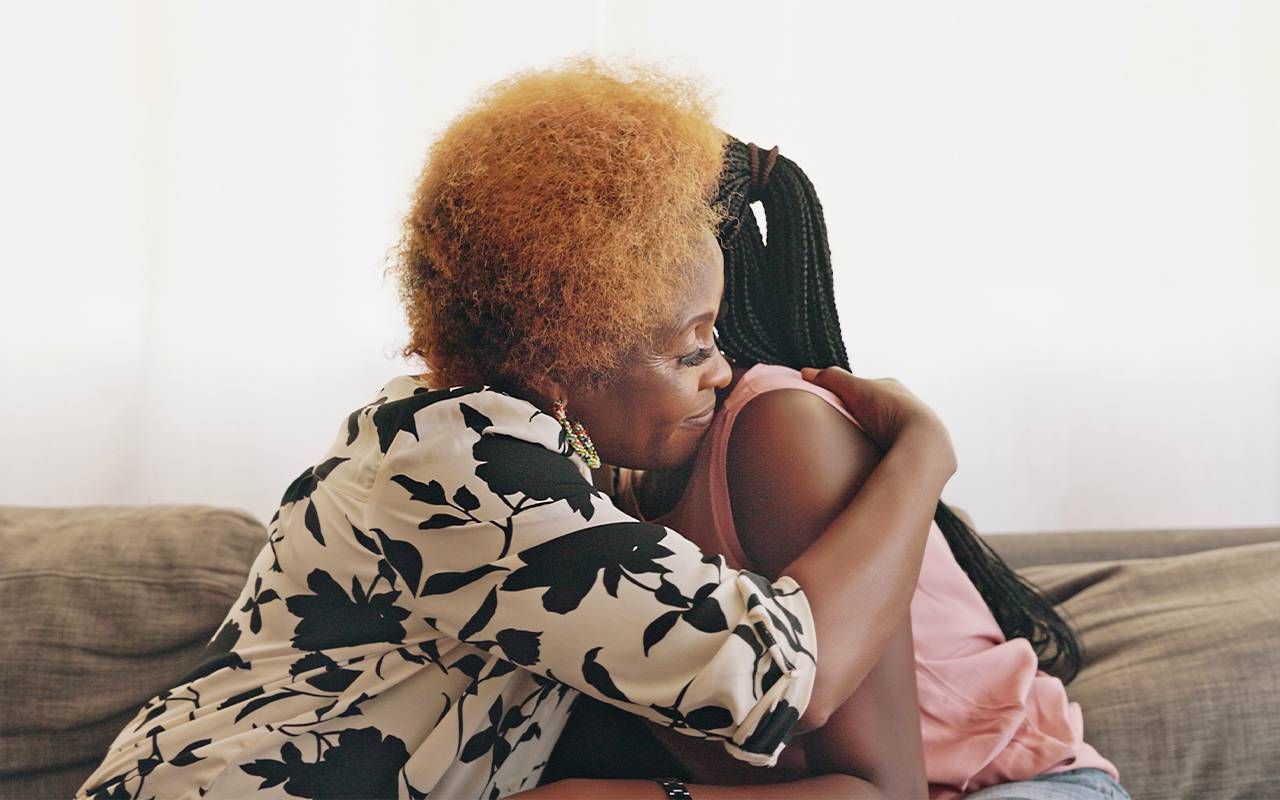Sorry, There Really Are Many Good Reasons to Apologize
An apology can be therapeutic for the giver and the receiver, even though forgiveness isn't guaranteed
"Love means never having to say you're sorry." It's one of the most iconic movie lines uttered by actress Ali McGraw's character to Ryan O'Neal's in the 1970 film adaptation of Erich Segal's novel "Love Story."
But is that a true statement?

"Absolutely not," says Marjorie Ingall, who, along with Susan McCarthy, are the co-authors of the book "Sorry, Sorry, Sorry: The Case for Good Apologies."
"Many times, people apologize so they can move on rather than mend the hurt they caused."
"We have been inundated in our lifetimes with terrible apologies in television and movies. From "Love Story" to the character of Fonzie in "Happy Days," who couldn't stop stuttering when he tried to say the word 'sorry' to John Wayne's famous line in the movie "She Wore a Yellow Ribbon" ('Never apologize, mister; it's a sign of weakness.')," Ingall says.
A good apology can be therapeutic and healing for both the giver and the receiver.
How to Apologize
One of the most important aspects of a good apology is the intent. "Many times, people apologize so they can move on rather than mend the hurt they caused," explains Ingall.
According to Ingall and McCarthy, a sincere apology requires two main components
- Taking responsibility and owning up to wrongdoing (whether intentional or not)
- Keeping the recipient's feelings at the forefront
McCarthy explains, "A sincere apology doesn't include justification of your actions. Instead, it should be, 'I did something terrible to you and you didn't deserve that,' period."
As part of the "no justifying" criteria, the authors list thirteen taboo words in the book that should never be included in a good apology, including "if" and "but." Explains McCarthy, "An apology that starts, 'I am sorry if I hurt your feelings …' is going to be a bad apology, regardless of what comes next."
"When you apologize, you are telling someone you are sorry for what happened and will work toward doing better."
Another aspect of a good apology includes a promise (explicit or implied) that whatever happened won't happen again. "An apology isn't a 'get out of jail free' card," says Ingall. "When you apologize, you are telling someone you are sorry for what happened and will work toward doing better."
Accepting an Apology
All people are human and flawed. When someone expresses both remorse and a willingness to do better in the future, it can be healing for both parties if an apology results in forgiveness.
Ingall talks about a situation in her family where some older adults are having trouble remembering the correct pronouns when referring to two younger family members. "When they get it wrong, they apologize, and the younger kids accept the apology because they know these concepts are new for this older generation," says Ingall.
In the book, the authors write, "To apologize well is to learn something… (an apology) is one of the ways to make the world what we want it to be."
Explains Ingall, "We don't want to give up on someone without giving them the chance to do better. Instead, we want to create a world where the younger generation respects the older generation and vice versa. To do that, people must be vulnerable, sincerely apologize if they make a mistake and continue striving to improve."
Forgiveness Isn't Automatic
While accepting an apology can be healing and help to move a relationship forward, forgiveness is not automatic. No one is obligated to accept an apology if it seems insincere or if the giver continually apologizes for the same actions.
"A bad apology is worse than no apology."
It's said that holding a grudge can be self-destructive and toxic. But it's important to distinguish between a grudge and setting a boundary.
McCarthy says, "If an apology doesn't feel good, it's okay to say that. Something like, 'I don't think what happened has the same weight for you as it does for me' or 'I appreciate your apology, but I'm going to need more time to forgive.'"
Should You Keep Apologizing?
What can you do if you have apologized but the wronged party won't accept? "Maimonides, the great medieval philosopher, said you have to try three times to apologize to someone who won't accept your apology," says Ingall. "If they refuse you three times, you're off the hook and it's as if you've atoned. I think we'd amend that to say that you have to apologize well three times."
If the recipient is reluctant to forgive, the giver should look within themselves. Was the apology sincere or was it given begrudgingly or did it subtly blame the wronged party? As Ingall points out, "A bad apology is worse than no apology."
"There is no statute of limitations on expressing remorse for your actions."
In some cases, even a genuine apology won't result in forgiveness from the recipient. But the act itself can be therapeutic to the giver.
"Even if the apology wasn't accepted, you did your best and you faced something unpleasant about yourself, and we think that's pretty heroic," says Ingall. "It also might be easier to let go of something that's been burdening you after you've apologized for it."
Never Too Late to Apologize
Finally, there is always time to apologize. "There is no statute of limitations on expressing remorse for your actions," says Ingall. If something has been bugging you or never sat right with you about the way you treated another person, there is a chance they remember that hurt, too.
"Susan (McCarthy) introduced me to the work of Bluma Zeigarnik and the Zeigarnik Effect, which is the tendency to remember unfinished acts better than finished ones," explains Ingall. "When you've apologized, you've completed a task. It may make it easier to forget it and the pain it's caused you."
Ingall recalls someone from high school reaching out to apologize to her. "I actually didn't remember what had happened back then," says Ingall. "But I appreciated them reaching out, and they felt better, too. It was a really good apology."


